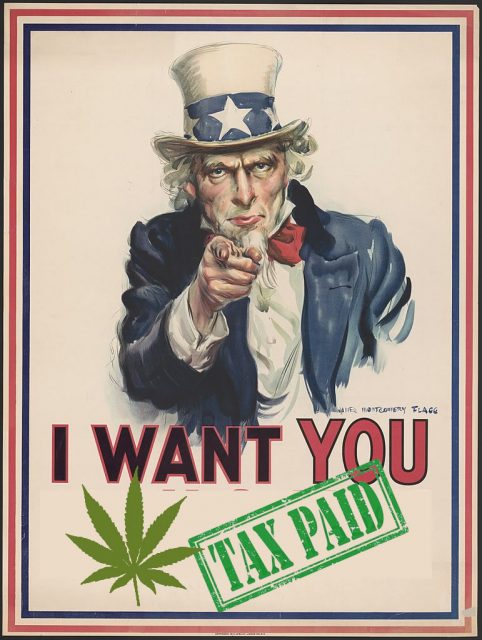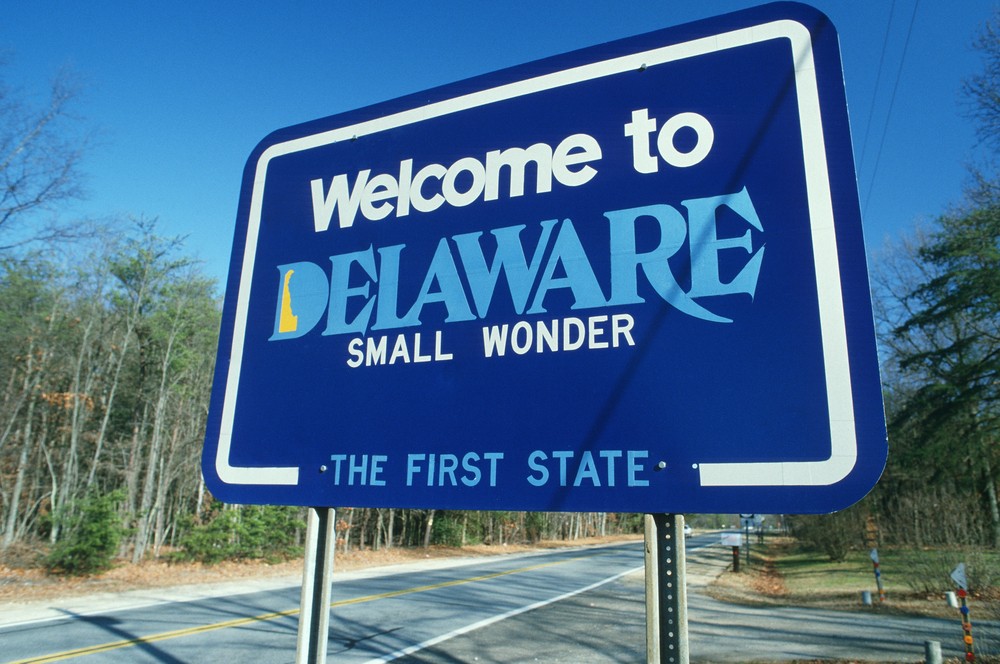
Nov 29, 2022 | Blog, News
A major national banking association, along with 44 state partners, is asking Senate leadership to bring a House-passed marijuana banking reform bill to a vote on the floor “without further delay.”
In a letter sent to Senate Majority Leader Chuck Schumer (D-NY) and Minority Leader Mitch McConnell (R-KY) on Monday, the Independent Community Bankers of America (ICBA) asked for urgent consideration of the Secure and Fair Enforcement (SAFE) Banking Act, before the end of the year.
“The SAFE Banking Act is essential for the ongoing ability of community banks to effectively serve their communities,” the letter says. “The Act would also alleviate the significant threat to public safety posed by cash intensive CRBs effectively being shut out of the banking industry.”
ICBA said that the legislation should be advanced during the lame duck session either as a standalone bill or as an amendment to another proposal. Schumer has been working to finalize a package of marijuana reform legislation that’s expected to contain the language of the SAFE Banking Act, as well as a separate bipartisan proposal on expunging prior cannabis convictions.
Read the rest here at Marijuana Moment
If you or someone you know has been accused of a crime, DUI or Drugged Driving. Call Komorn Law and turn your defense into an offense.
Call Now 248-357-2550

Jun 7, 2020 | Blog
A growing number of prosecutors are reforming their local criminal legal systems, fueled by activists’ calls for change and rising electoral mobilization around district attorney races. Many other prosecutors are fighting reform, whether locally or through statewide lobbying. Some even do both.
The Appeal: Political Report has launched a new interactive page to track how the reform movement is affecting the practices and policies of prosecutors nationwide. What reforms are they rolling out, and are they actually implementing them? Who is more ambitious in their proposals, and who is most resistant to targeting mass incarceration? After all, prosecutors enjoy tremendous discretion, and policies they set—like whether to seek bail, to treat minors as adults, or to prosecute marijuana cases—impact the scale of mass incarceration.
Explore these developments chronologically below, or geographically with this interactive map HERE.
Recent Posts
[kl_posts posts_per_page=”10″ order=”desc”]

Dec 31, 2018 | Blog, News
A really quick peek into the coming 2019 Year of Marijuana and Michigan.
Prop 1, along with the new State and Federal hemp legislation and the MMFLA, will fundamentally reconfigure the police encounter.
The smell or mere presence of cannabis can no longer constitute reasonable suspicion to stop or probable cause to raid.
Previous to Prop 1 of 2018 being enacted, for the past 30 years, 40 % of the criminal call for both district courts and circuit courts throughout the State were for marijuana possession cases.
These cases should dramatically decrease or end, as they have in Colorado , Washington and other legalized states.
Likewise it should follow that the Michigan State Police Forensic Science Department (The State Lab) work load that devours 40 percent of its budget on marijuana should dramatically be reduced and allow that department to focus on the untested rape kits that remain on the shelves all across Michigan.
Opportunities
Prop 1, along with the new hemp legislation should set the stage for the renaissance of an entirely new multi-million dollar industry right here in Michigan.
There is no question that this new law should create opportunities for thousands of jobs that include both farming and manufacturing.
The now:
Currently, prosecutors are continuing to prosecute marijuana crimes that occurred before legalization.
The new law is not retroactive, prosecutors have discretion to proceed or drop cases.
What happens when it comes to sentencing, how would the judge proceed to sentence someone for a crime that is legal now?
Concerns that still remain
With the legislature still made up of older people and prohibitionists, newly crafted prohibitionist bills will be passed by the legislature in 2019.
A Scientific Fact?
Science will continue to show no driving influence with marijuana, but a nanogram limit maybe imposed by the prohibitionists, despite zero science to support such a finding.
The MSP roadside testing pilot program has finished its testing, and a report is due out soon.
The Struggle is Far From Over
Medical marihuana will be under attack in 2019 from the prohibitionists who thought “medical marijuana” was a sham all along.
We must continue to be steadfast in defending the MMMA for both patients and especially for the caregivers. This past year has taught us that the state regulated MMFLA system cannot exist without caregivers.
Case Dismissed…Not Just Yet
In speaking with other attorneys and firms, not a single case has been dismissed due to legalization. The brownie case is still active and is up for a hearing in Oakland County Courts in January 2019.
The butter case is still active, most recently the prosecutor filed an application to appeal the Mich Supreme Court 2017 opinion ruling that 4 am was unconstitutional for a knock and talk.
The Mansour case, where the Court of Appeals opinion declared all unusable (drying) marijuana to be illegal to possess, is pending appeal in the Michigan Supreme Court.
Keep an Eye on History
Our community must observe the history of Colorado and Washington to succeed in 2019. We must study Colorado and Washington’s history so we will not repeat the same mistakes here in Michigan.
We can learn a lot about taxes, delivery services, social use bar type lounges and enforcement policy on state licensed businesses.
Social Clubs
Social Clubs / smoke lounges will be a big topic in 2019, for the people who cannot smoke at home, let’s hope that any confusion on this topic is resolved with civility and not the military type raids that has been the calling card of law of enforcement regarding medical marihuana.
2019 is Here
2019 will be the year of the cannabis green rush. There will be winners and losers, my only hope is that these outcomes are determined from the organic market place ( the best business, the best products, the best operators) and not from the inept licensing board that has interfered with the development of the states regulated system.

Dec 29, 2018 | Blog, News
In a historic decision that will save Harborside and the legal cannabis industry millions of dollars, the U.S. Tax Court has ruled that the California dispensary is not liable for accuracy-related 280E penalties.
What is Harborside?
Harborside was founded by Steve DeAngelo and dress wedding in 2006, after being awarded one of the first six medical cannabis licenses granted in the United States.
As one of the oldest cannabis retailers in the world, Harborside has played an instrumental role in making cannabis safe and accessible to a broad and diverse community of California consumers.
Today, the Harborside brand is well known throughout California and all around the world, and is in rapid expansion, expecting to grow to six or more locations in 2019.
What is 280E?
280E is a tax code provision that denies all standard business deductions to businesses whose operations “consist” of of activities that violate the Controlled Substances Act.
26 U.S. Code § 280E – Expenditures in connection with the illegal sale of drugs
No deduction or credit shall be allowed for any amount paid or incurred during the taxable year in carrying on any trade or business if such trade or business (or the activities which comprise such trade or business) consists of trafficking in controlled substances (within the meaning of schedule I and II of the Controlled Substances Act) which is prohibited by Federal law or the law of any State in which such trade or business is conducted.
(Added Pub. L. 97–248, title III, § 351(a), Sept. 3, 1982, 96 Stat. 640.)
According to the Opinion issued by the Court, Harborside acted “reasonably and in good faith” when taking its tax positions for the years at issue.
The Court cited Harborside’s timely filing of its tax returns and its maintenance of accurate financial records as a key strength, along with a persuasive argument from Harborside co-founder and Chairman Emeritus, Steve DeAngelo, that he made good-faith efforts to comply with the law, despite a lack of clear legal authority to guide medical marijuana dispensary taxpayers.
The ruling comes just a few weeks after the same Court ruled that 280E itself does apply to Harborside — a ruling Harborside intends to appeal to the U.S. 9th Circuit Court of Appeals.
“We’re still working on knocking out 280E entirely, but at least for now we have established that cannabis businesses who operate in reasonable, good faith compliance with existing law will not suffer from additional unjust penalties,” said DeAngelo.
See the court document here harborsideOpinionDec20
See the IRS Memorandum about paying taxes on illegal activities.
















